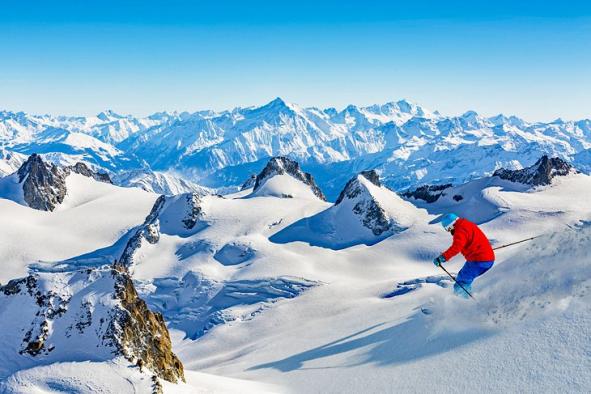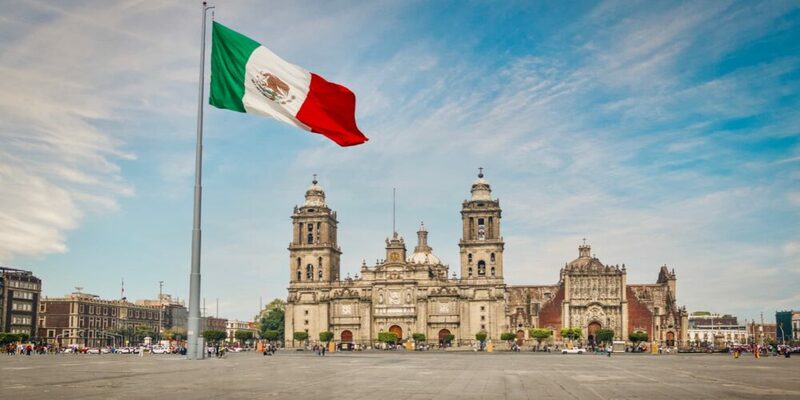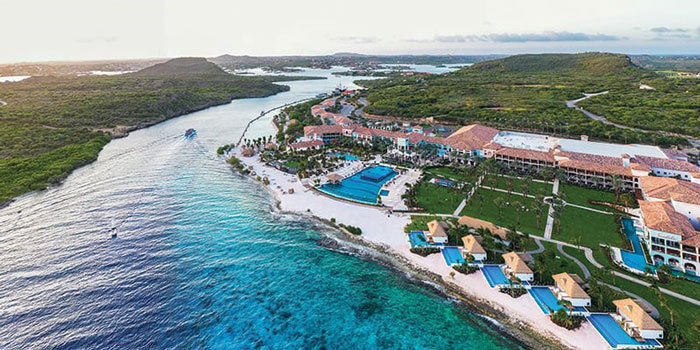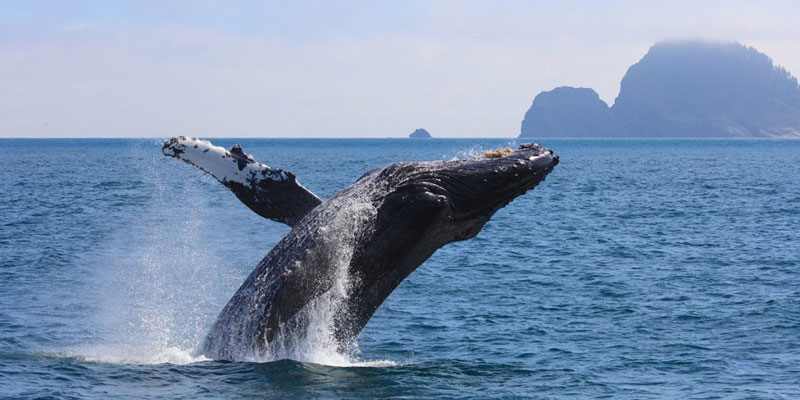The ski resorts of Europe are getting ready for their first real season in four years, and many available rooms have already been reserved. This is because people are finally departing on vacations they had planned as far back as 2019. However, the effects of the energy crisis have already begun to be seen before a single run has even begun. The Panarotta ski region, located in Italy's Trentino-Alto Adige, was the first in the nation to declare that it would not operate ski lifts for the next winter season.
What kind of effects are higher energy costs having on prices?
As Russia's invasion of Ukraine continues, it continues to influence the supply of energy, causing European nations to strive to cut their energy consumption and restrict their supplies. Numerous resorts in France are now engaged in discussions on renewing their energy contracts. According to a story published in Euronews, Anne Marty, the vice president of DSF organization, has warned that the cost of power might climb by a factor of eight this year for some of the operators in the nation.
Ski resorts in the French Alps, like Morzine and Avoriaz, are doing all they can to protect their guests from the damage. According to Sara Burdon, who works for the Office de Tourisme de Morzine, "the lifts will be operating, and there will be no rise in the price of ski passes."
However, a rise in the price of ski passes is inevitable for a significant number of operators throughout Europe. Skiers who go to the Dolomiti Superski region, which consists of 15 ski resorts located in the Dolomites, which are on the list of UNESCO World Heritage Sites, will find that costs have increased by 10% compared to the previous year.
Which cost-cutting measures to reduce energy use are ski resorts in Europe adopting?
In areas where energy-saving measures are being adopted, such measures are aimed at causing skiers as little trouble as is humanly feasible. This may include lowering the thermostat, limiting night skiing, or operating ski lifts at a slower speed.
The off-peak speed of ski lifts in Val d'Isère, France, will be decreased from five to four meters per second as part of an adjustment projected to result in a one-minute longer ride duration. However, the resort thinks that skiers will not even notice this change at all.
The French government has mandated that all commercial enterprises reduce their overall energy use by 10%, and operators in France are striving toward that goal. In Morzine and Avoriaz, lift speeds will also be optimized depending on the number of skiers.
Ski resorts that use renewable energy can keep their prices lower
It is now abundantly evident that ski area owners who have previously invested in renewable energy sources can enjoy a significant competitive advantage as we move towards the opening weekends of the winter skiing season.

The lifts at the resort of LAAX in Switzerland, which aims to be a carbon-neutral destination by the year 2030, are powered by run-on CO2-neutral hydro and solar electricity supplied from all over Switzerland. Waste heat from lifts is utilized to heat local restaurants. Lonely Planet has been informed by a representative for the region that there would be no rises in the cost of lift passes for the next season.
This next ski season will be the first time that the fleet of slope groomers at Val d'Isère will be fueled by HVO (Hydrotreated Vegetable Oil), a source that is 100% renewable and decreases CO2 emissions by 90%. In addition, two electric buses will be put into operation; they will be the first fleet that is expected to grow to fifteen by 2025. On the other side of the Three Valleys, in the town of Courchevel, 450 photovoltaic panels were only recently placed on the roof of the Ariondaz gondola arrival station.
A hydroelectric turbine was erected at Serre Chevalier in the Southern French Alps earlier this year as part of the municipality's efforts to generate 30% of its annual electric power from renewable sources by the year 2019.
How to make your money go farther on the slopes in this day of rising living costs
As a result of the rising cost of living caused by the oil crisis, consumers are becoming more frugal with their spending, and resorts are preparing themselves, expecting winter vacationers to have less money to spend. The spokesman for Dolomiti Superski, Diego Clara, said that the company is preparing for the possibility that the vacations may be shorter than normal.








